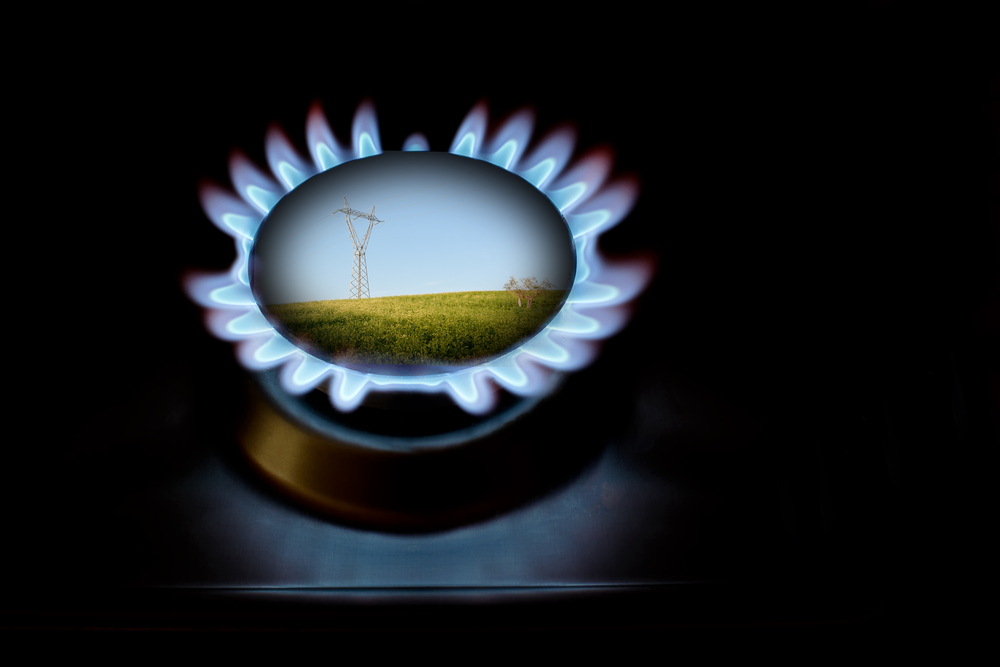Green light for extending Groningen minor field gas extraction

The cabinet has given energy company NAM the green light to continue extracting gas from under the Groningen village of Warffum, despite the closure of the main Groningen gas fields which had caused widespread subsidence.
Minor fields, such as the one at Warffum, are not included in the closure decree, which came into effect last year. Ministers say gas produced from the Warffum field is necessary to heat homes, keep industry running, and lessen dependence on foreign gas supplies.
NAM’s contract to exploit the Warffum field expires at the end of this year.
Talks are also continuing with NAM on drilling for gas in the Wadden Sea from the Frisian town of Ternaard, a move that environmental groups say would cause major damage to the ecology in the area, which is a Unesco heritage site.
The Wadden Sea – an area of islands, sea and mud flats stretching from the Netherlands to Denmark – won inclusion on Unesco’s list of world heritage sites in 2009.
NAM applied for a licence to drill some 10 years ago and went to court in an effort to get the government to take a decision. The Council of State told ministers they must take a decision before the end of the year.
Parliament had already voted against granting NAM a licence to open a drill site in Ternaard and a majority of people in Friesland opposed the plan in last year’s provincial elections. The government’s own mining agency has also warned about the likely impact on the Wadden Sea bed.
Climate minister Sophie Hermans said the aim of the talks, which will run for six months “is to prevent gas extraction from Ternaard”.
“There are no easy choices in this matter,” Hermans said. “We must take the concerns of the people in the regions where gas extraction occurs seriously. At the same time, we have a responsibility to ensure a stable and safe energy supply for the Netherlands and to reduce our dependence on other countries.”
Billions of euros
Since the Slochteren gas field was opened in 1963 the Dutch state has earned €360 billion from gas extraction, with another €66 billion split between energy giants Shell and ExxonMobil which own NAM.
But the cost to the community was high: more than 1,600 earthquakes have hit the region since the 1980s, damaging 85,000 buildings. The turning point was a quake measuring 3.6 on the Richter scale in the village of Huizinge in 2012.
A parliamentary commission said last year the interests of the people of Groningen were systematically ignored by both the government and oil companies, and making money remained the dominant concern when natural gas extraction started causing earthquakes.
Thank you for donating to DutchNews.nl.
We could not provide the Dutch News service, and keep it free of charge, without the generous support of our readers. Your donations allow us to report on issues you tell us matter, and provide you with a summary of the most important Dutch news each day.
Make a donation